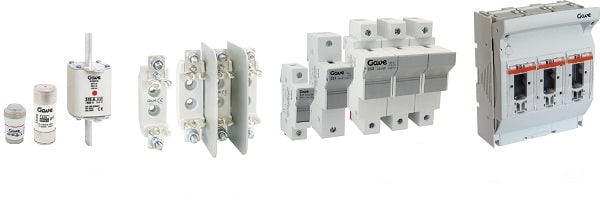In the electricity industry, if the safety of public electricity is not observed, the risk of electric shock is inevitable. Therefore, before touching the wires or electrical devices for repair or any inspection, the electricity must be cut off in the circuit and make sure that there is no electricity and the presence or absence of electricity is tested by a phase meter.
General electrical safety

Electricity:
Electric current is indicated in amperes, which is of two types:
- Direct current (DC): Electric current from generators and batter of this type.
- Alternating current: (AC) is the electricity of the city network of this type.
electrical resistance :
Resistance to electricity is called electrical resistance and its unit of measurement is ohm. The table below shows the resistance of the human body to electricity.
|
Body parts |
Resistance in ohm |
|
Dry skin |
100000 To 600000 |
| Wet skin |
1000 |
|
Hands or internal organs |
400 To 600 |
|
Ear to ear |
100 |
Earth system of electrical appliances:
Since the resistance of a wire to electricity is less than the resistance of the human body, if our electrical device is connected to earth by a wire, electricity will be transmitted to earth through this wire. Mobile electrical appliances are connected to a special socket by a wire embedded in its two branches. For large devices and structures, all cables must be connected to a point called the PEAT EARTH well.
Fuse :
It is a device to cut off the power, in fact, the fuse is the power safety valve. When the electrical charge of the circuit exceeds the allowable value, the fuse burns out before it causes an electric shock or spark in the device.
Types of fuses:
- Airline or ring fuse
- Two-prong fuse
- Fuse bullet
- Automatic fuse
- Cylindrical fuse

It should be noted that each of these fuses is designed for a specific current and improper use of them can cause damage to a person or device.
Some basic electrical safety principles:
- If it is not possible to lock the box, cut off the current by removing the fuse.
- If possible, label the repairs as well.
- Only electricians are allowed to work on the network or devices
- All electrical devices must have an earth wire.
- All defective cables must be replaced.
- Take only one branch from each cable.
- All devices must have two branches.
- To repair an electrical appliance, you must unplug it.
- Never take chances in electrical work.
- Never disconnect the two plugs from the socket by pulling the cable.
- Never touch a bare power cord.
- At the time of drilling, if you encounter an electric cable, inform the authorities before doing anything.
source : website
